As the busy Christmas trading period approaches, the Australian Human Rights Commission and Safe Work Australia are urging business leaders to take proactive steps to protect their workers from sexual harassment and workplace violence.
Consulting with workers and other duty holders is a legal requirement under the model WHS Act and an essential part of managing work health and safety.
PCBUs must consult, cooperate and coordinate activities with all other persons who have a work health or safety duty in relation to the same matter, so far as is reasonably practicable.
A health and safety committee (HSC) is a more formal way to consult. It brings together the person conducting a business or undertaking (PCBU) and workers to discuss and develop ways to improve health and safety at work.
Health and safety representatives (HSRs) are workers who are elected to represent the health and safety interests of workers.
‘Work groups’ are groups of workers formed to elect the HSR who will represent them.
Consultation with workers can be done in different ways depending on what suits the size and complexity of the workplace and your workers. It may include formal and informal consultation arrangements.
If you’re a person conducting a business or undertaking (PCBU), you must consult with workers and other duty holders in managing work health and safety risks.
In this presentation, Kim outlines the important role and challenges faced by health and safety representatives; our workplace heroes. Some suggestions for future work for Safe Work Australia are also provided.
In this conversation, three business leaders from large corporations will share how they have led in tough conditions and ‘what keeps them awake at night'.
Introduced by SafeWork SA’s Bryan Russell, this video outlines seven simple and practical steps leaders can use when managing for better work health and safety outcomes.
This is part two in a two-part series. Introduced by Dr Simon Blackwood, the ‘Linking Safety Leadership and Safety Culture in Queensland’ presentations feature executives and senior managers sharing their journeys through safety leadership.
In this video, Barbara Rusinko of Bechtel Corporation talks about safety leadership and the lasting impact of seeing her workmate die.
Summary: the role of accounting in work health and safety study
The issue
Poorly controlled work health and safety (WHS) and resultant work-related injuries and illnesses potentially create significant social and financial organisa
For many workplace leaders, the safety vision they are still working towards is focussed on achieving an absence of injury.
Jason Garrels was just 20 years old when he died at a construction site in Clermont, Queensland in 2012. He had only been working there for nine days and his death was preventable.
About this seminar
In this broadcast, Shaun Jenkinson, from ANSTO discusses his organisation’s plan for zero injuries, zero defects and zero waste.
Dr Robert Long is an expert in social psychology. In this podcast he talks about the ‘social psychology of risk’ and what it offers the work health and safety industry.
In this broadcast, the panel examines the implications of megatrends on the Australian workplace. Megatrends are large, transformative, global forces that define the future by having a far-reaching impact on businesses, economies, industries, societies and individuals.
Research shows that healthy workers are:
When you make work health and safety (WHS) a priority, workers are more likely to make it a priority too.
We have developed 5 leadership principles to help you make WHS part of your workplace culture.
This paper is one in a series of research papers on the role of accounting in work health and safety governance.
This paper is one in a series of research papers on the role of accounting in work health and safety governance.
This paper is one in a series of research papers on the role of accounting in work health and safety governance.
Why has this research been done?
Two important aspects of safety climate are management safety empowerment and management safety justice, which are the perceived degree to which employers respectively empower their workers to influence aspects of their own safety and deal with hea
This paper reports on the attitudes of Australian workers towards accepting risk taking and rule breaking in the workplace.
If you’re a person conducting a business or undertaking (PCBU), this model Code of Practice provides practical guidance on how to effectively consult with workers about work health and safety and meet your duties under the work health and safety (WHS) Act.
Safe Work Australia is conducting the Motivations, Attitudes, Perceptions and Skills (MAPS) project to focus attention on the socio-psychological factors that shape organisations’ and individuals’ actions and behaviours and, in turn, influence work health and safety outcomes.
